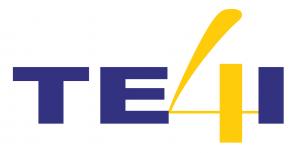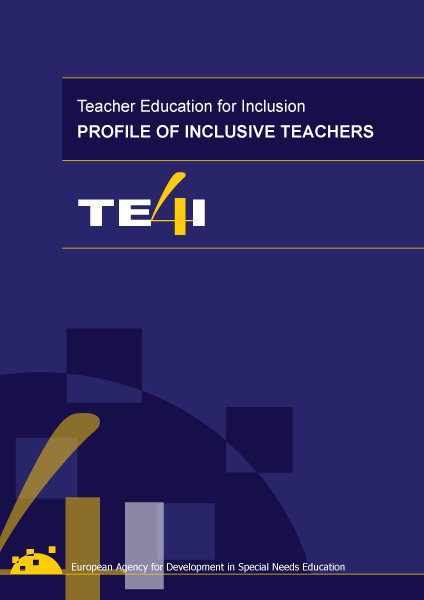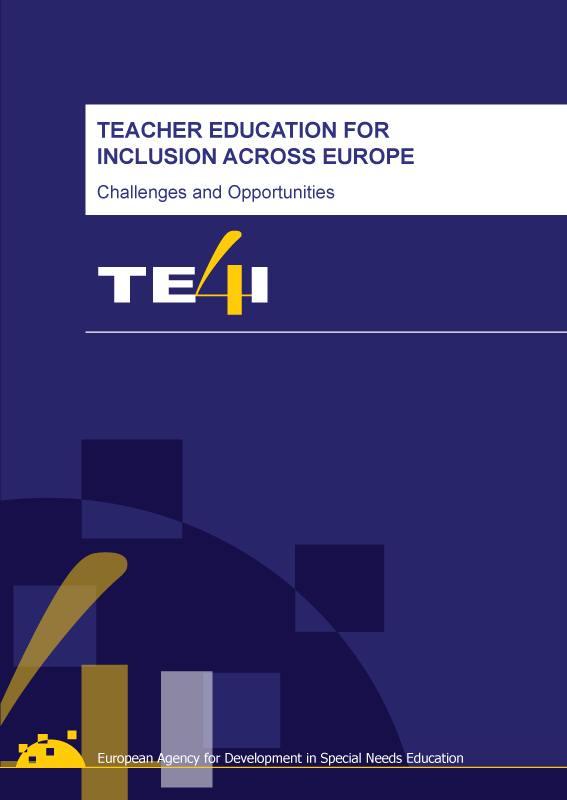Welcome to the Teacher Education for Inclusion project area!
The topic of Teacher Education for Inclusion has been highlighted by all Agency country representatives as being of top priority. The project started in 2009 and ended with a final project conference in February 2012.
The project has addressed the following key issues:
- What kind of teachers do we need for an inclusive society in a 21st century school?
- What are the essential teacher competences for inclusive education?
Project activities have focused upon:
- The education of mainstream, general teachers and how they are prepared to work in inclusive settings;
- The initial teacher education phase as a priority.
The essential question for consideration has been: how all teachers are prepared via their initial education to be 'inclusive'.
Project participants
These Agency member countries participated in project activities: Austria, Belgium (both the Flemish and French speaking communities), Cyprus, Czech Republic, Denmark, Estonia, Finland, France, Germany, Greece, Hungary, Iceland, Ireland, Latvia, Lithuania, Luxembourg, Malta, Netherlands, Norway, Poland, Portugal, Slovenia, Spain, Sweden, Switzerland, UK (England), UK (Northern Ireland), UK (Scotland) and UK (Wales).
In addition to experts from Agency member countries, representatives from European Commission, DG Education and Culture, UNESCO-International Bureau of Education and OECD-CERI participated in project activities as observers.
Project activities and outcomes
Project activities focused upon:
- The education of mainstream, general teachers and how they are prepared to work in inclusive settings;
- The initial teacher education phase as a priority.
Within the project, focused country information was collected in order to provide:
- A description of the reality of teacher education situations in countries;
- Information about best practice;
- Relevant literature from participating countries.
In order to put the Agency project activities into a wider context, an extensive review of literature has been undertaken. Two documents are available:
- a review of international policy statements impacting upon teacher education. This document presents information on documents, reports and project write-ups from key international organisations: mainly the European Council, Parliament and Commission, UNESCO, OECD and the Council of Europe.
- a review of international research literature in the field of teacher education generally and teacher education for inclusion specifically. The review has been developed with input from representatives of the European Commission, DG Education and Culture, UNESCO International Bureau of Education and OECD-CERI. Most importantly, a review of research information has been conducted by experts from 18 countries participating in the Agency project and this is also included in the review document.
Teacher Education for Inclusion across Europe – Challenges and Opportunities is the project report which presents a synthesis of policy and practice from 25 Agency member countries. The TE4I project investigated how all teachers are prepared via their initial training to meet the needs of more diverse learners in the classroom.
This report draws on the detailed accounts of policy and practice in this area of work, prepared by participating countries and also on policy and literature reviews and information gathered during country study visits. Examples of innovative practice are included throughout the document, which concludes with a review of the wider policy framework to support teacher education for inclusion and a summary of key issues and challenges.
The report makes recommendations both for wider policy and, more specifically, to support further development of teacher education for inclusion.
This report sets out the project methodology and background context for teacher education for inclusion in Europe. It also includes information about the structure and content of teacher education programmes, including teaching practice, the role and development of teacher educators and the competences considered necessary to be an effective, inclusive teacher.
A summary of key policy messages is also available.
The Profile of Inclusive Teachers set out to identify the essential skills, knowledge and understanding, attitudes and values needed by everyone entering the teaching profession, regardless of the subject, specialism or age range they will teach or the type of school they will work in.


